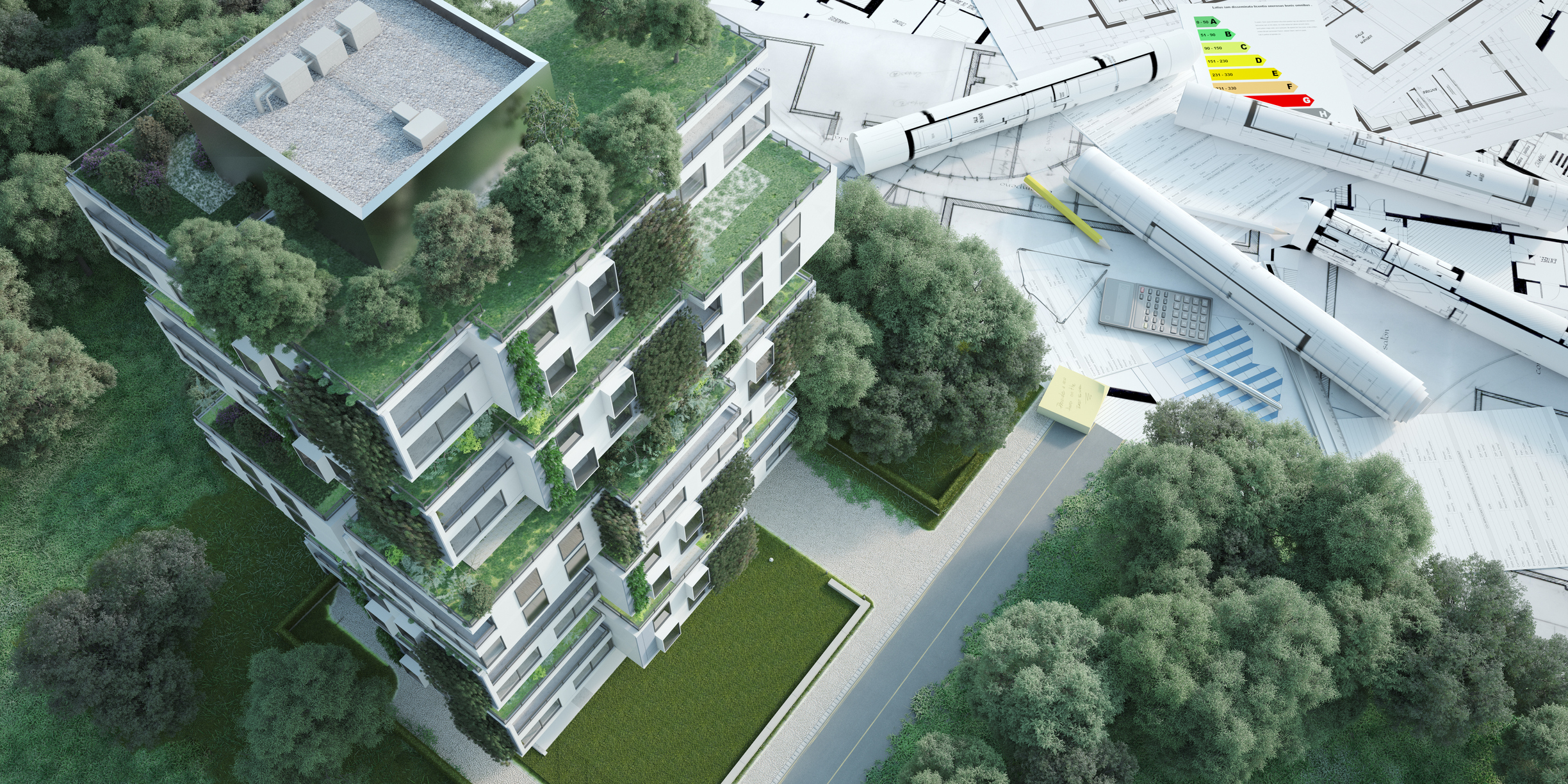SPARCS participates at Roadshow webinar “Empowering urban prosperity: Inspiration for City Business Models”
The recent online edition of the Scalable Cities Roadshow held on March 21st, 2024 focused on empowering urban prosperity through innovative city business models. The event underscored the potential of these business models to understand and address citizens’ needs while ensuring financial viability, making them a valuable tool for local authorities. The event served as an essential platform for sharing knowledge, best practices, and fostering a spirit of collaboration crucial in the shared journey towards more sustainable and prosperous urban future. The Scalable Cities Roadshow also featured contributions from a diverse array of experts. Their insights and experiences added depth to the discussions, providing a multifaceted perspective on the potential of innovative business models in city development.
Business Ecosystem Modelling for Positive Energy Districts: Insights from SPARCS
One of the standout sessions was delivered by Gretel Schaj from BABLE Smart Cities, who delved into business ecosystem modelling for Positive Energy Districts (PEDs) through SPARCS experience. Gretel emphasized on the value of PEDs as platforms where different organizations could synergistically leverage resources for sustainable revenue generation and value co-creation.
SPARCS Lighthouse city of Espoo, served as a practical example, showcasing the successful application of a co-creation model for sustainable and smart urban areas. The city’s roadmap to transition to renewable energy, including plans to end the use of coal in district heating production by 2025, was highlighted as a promising stride towards sustainable urban development.
The event showcased how cities can apply these innovative business models to their unique contexts. The city of Espoo’s approach to combine a co-creation model with 3D models, stood out as a practical application of these principles. . The role of local authorities in adopting business models for innovative services was highlighted, with a focus on beneficiary orientation, sustainability, profitability, innovation, a holistic approach, and trend anticipation.
Another highlight of the Scalable Cities Roadshow was the presentation by Asko Kokkonen from the VTT Technical Research Centre of Finland that assesses Ecosystem Business Models in the Sello PED Demo Area in Espoo, Finland. The presentation showcased how the principles of business ecosystem modelling were applied in a real-world setting and how various organizations within the Sello PED leveraged resources synergistically, leading to sustainable revenue and value co-creation. SPARCS has developed an assessment framework to assist organizations in evaluating their involvement in PED business ecosystems.
Key findings and reflections from various reports were also discussed during the Roadshow. These included insights into the “State of the European Smart Cities” and the “Consolidated Analysis of SCC relevant Business Models and Packaged Measures”, providing attendees with a comprehensive understanding of the progress and challenges in the realm of smart city business models.
The Roadshow concluded with a session on community business models, featuring inspiring examples from various cities. This segment served to emphasize the potential of community engagement and participation in driving urban sustainability and prosperity.

